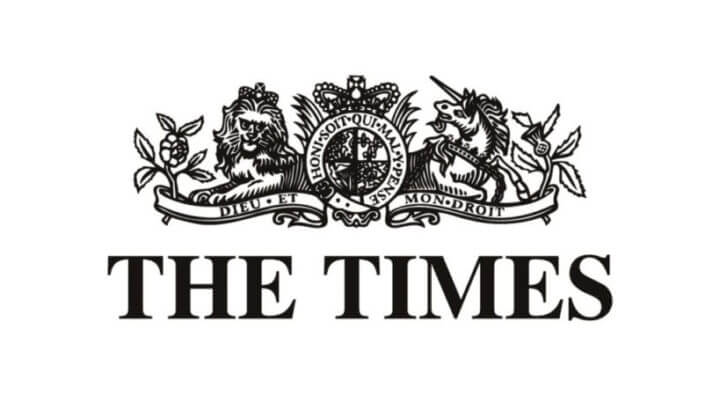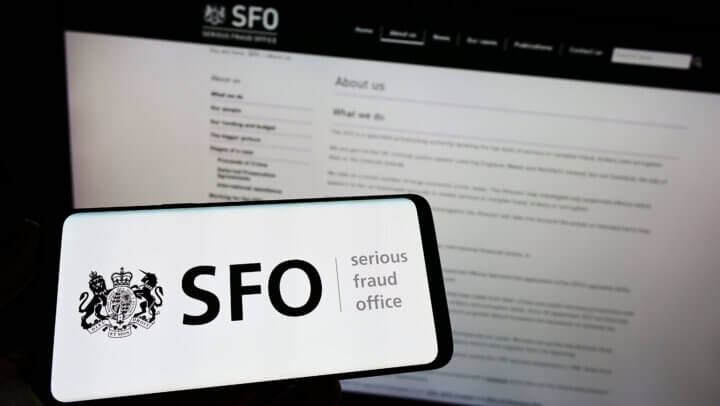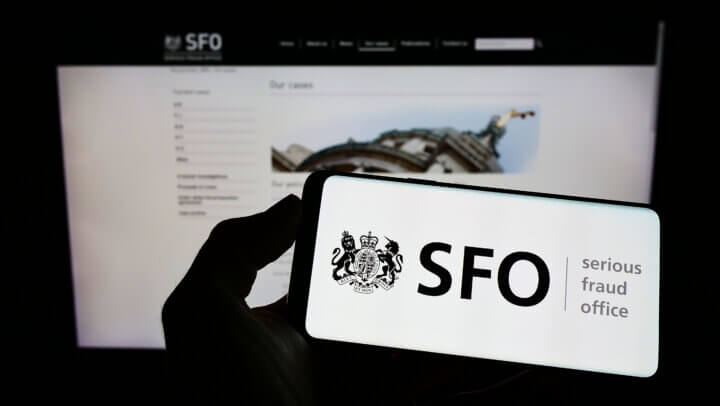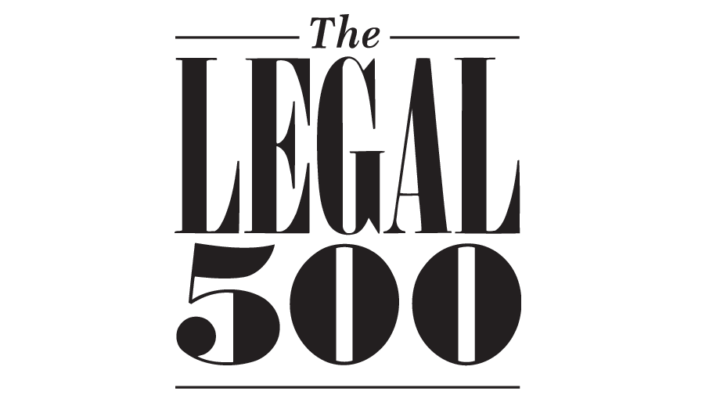BCL partner John Binns has been quoted discussing the efficacy of The Bribery Act in The Times’s article ‘The Bribery Act has raised corporate standards’.
Here’s an extract from the article:
“Legislation to streamline the UK’s anti-corruption laws and sweep away a myriad of disparate archaic offences was introduced by the coalition government in 2010.
But in the week when fraud investigators have struck two more deferred prosecution agreements with corporations, views are mixed as to whether the Bribery Act has lived up to its billing as setting the “gold standard” and leading the global fight against corporate crime.
It was dubbed by some as a “prosecutors’ charter” as the new “failure to prevent” corruption offence made it easier to put companies in the dock. However, judged on the low number of prosecutions, it could be argued that the legislation has failed. Nonetheless, the 2019 House of Lords select committee’s post-legislative scrutiny report described the act as “an excellent piece of legislation” — while noting that the number of prosecutions had been “low”.
The first, brought by the Crown Prosecution Service in 2011, was of a court clerk who pleaded guilty to taking a £500 bribe for making a speeding charge disappear. That early conviction, says Peter Binning, a partner at the law firm Corker Binning, “foreshadowed a less than glorious decade of real enforcement results, at least where individuals are concerned”.
Most of the other early cases concerned minor offences involving bribes of less than £10,000 — including a man who had failed his driving test and a postgraduate student who had failed a dissertation — rather than large-scale corporate wrongdoing.
In response to a freedom of information inquiry last year, the Serious Fraud Office (SFO) revealed that it had taken five cases to court since the act’s introduction. The agency said that the largest financial penalty imposed on a corporation after prosecution was £2.25 million, against the Sweett Group.
Three years after the Bribery Act came into the force, the Crime and Courts Act 2013 introduced deferred prosecution agreements (DPAs) into the UK armoury. Borrowed from the US justice system, DPAs are a process in which companies accept wrongdoing, pay a fine and agree to clean up their act, instead of being prosecuted for fraud, bribery and other crimes.
Since DPAs were introduced, the SFO has struck 12 deals, most recently this week with two unnamed UK companies over bribes paid in relation to multimillion-pound contracts.
Overall, nine of the twelve DPAs have included bribery offences and at least seven involved the business accepting at least one charge under the flagship “failure to prevent” offence. The SFO was not able to provide details of the charges in the two recent cases.”
“John Binns, a partner at BCL Solicitors, accepts that the act has “worked wonders for the compliance industry, by prompting voluminous amounts of policies, procedures and paperwork”. But he questions whether it has really prevented bribery or just made it less visible.”
This article was published by The Times on 22/07/2021. You can read the full version on their website.




